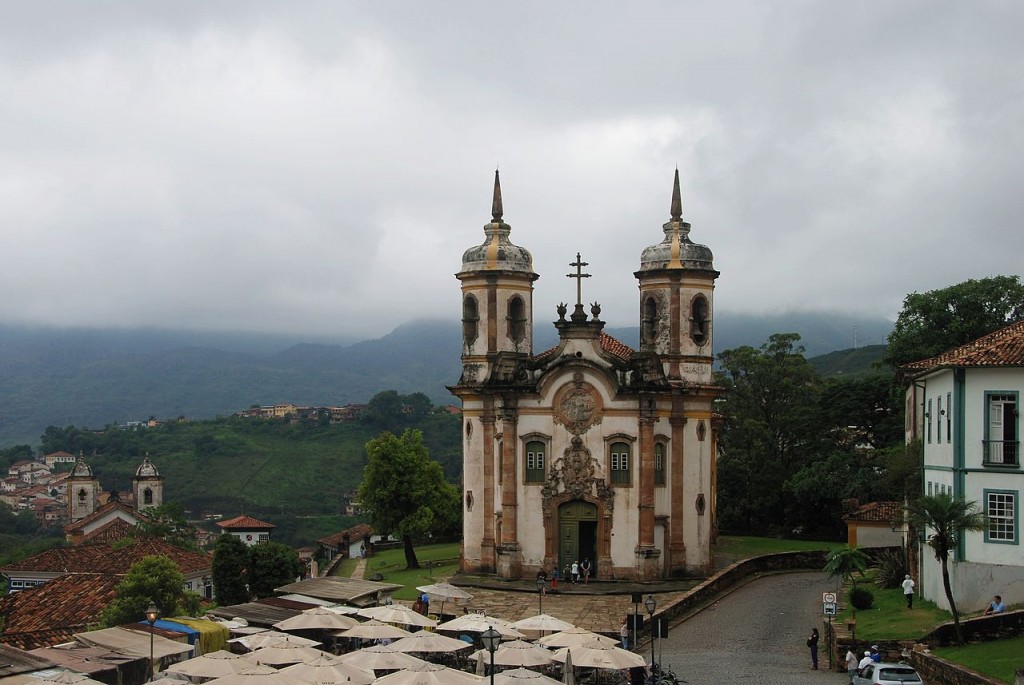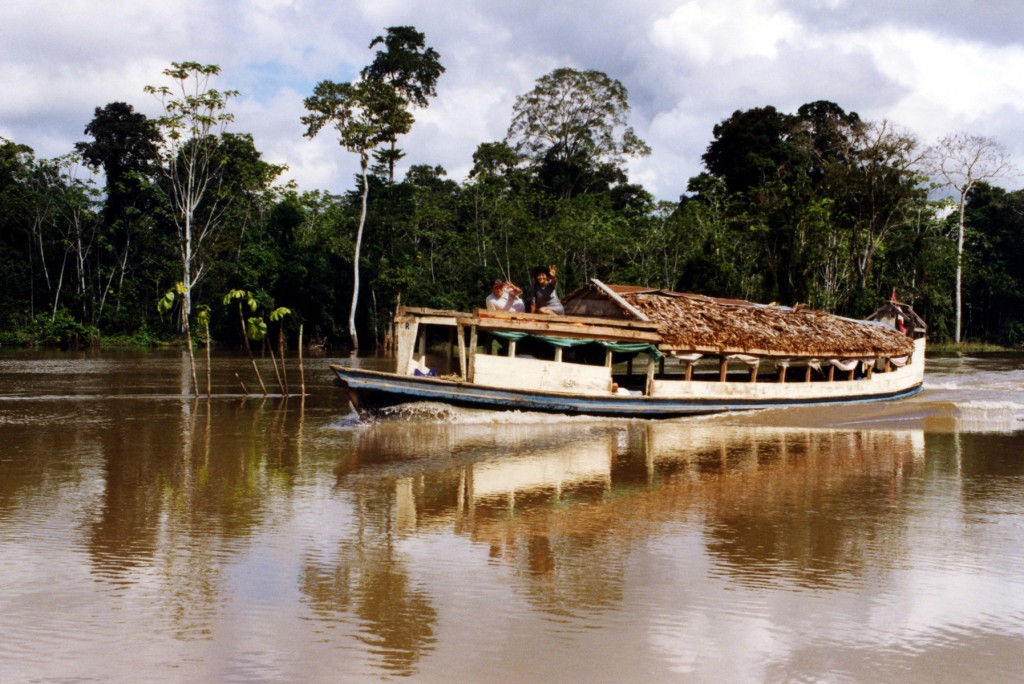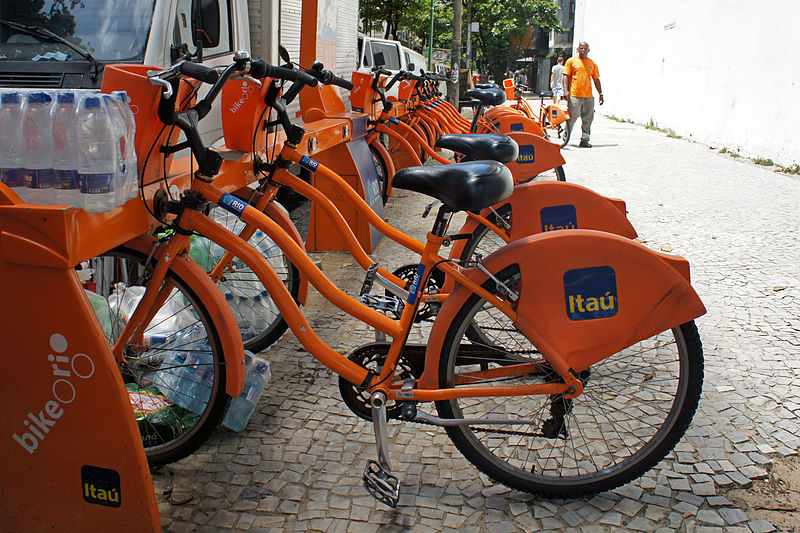Transport and the Tourist: Top Phrases to Get Around in Brazil
In the age of cheap airfares and routes to almost everywhere in the world, getting to a foreign destination is a pretty simple business. But once you’re there, travelling from A to B within a country can be a daunting affair, with phrases to pick up and vocabulary to understand to make sure you don’t accidentally end up stranded in the middle of nowhere.
It’s particularly important in a country like Brazil – the largest country in the Southern Hemisphere and fifth biggest in the world. Here are some top phrases to take with you before attempting to get about:
Table of Contents
Photo by Mariordo
Onde posso alugar uma bicicleta?
Two-wheeled travel is an option in some of the bigger Brazilian cities, particularly in Rio de Janeiro where authorities have invested heavily in a bike-hire scheme called Bike Rio. Asking this question, meaning ‘Where can I hire a bicycle?’, will hopefully allow a Brazilian to point you towards the nearest bicycle rack, though if you want to use the system and you don’t speak Portuguese, you may have ask a carioca (a local) to help you.
Me leve para (Foz do Iguaçu), por favor
This is the best way to relay to a taxi driver exactly where you want to go – it means ‘Take me to (Foz do Iguaçu), please’. To call a taxi in the first place, is a nice and easy word to remember - táxi!
And why would you want to go to Foz do Iguaçu? It is the town on the Brazilian side of the famous Iguazu Falls, the spectacular waterfalls where Brazil meets both Argentina and Paraguay.
Quero alugar um carro
If you’d rather get yourself about this phrase will be very useful, as it means simply ‘I want to hire a car’. To hire a car in Brazil you must be at least 21 years old (though some car hire companies have a higher age limit of 25), you must have a credit card in your name, plus a valid driver’s license from your home country.
Quanto custa ir para (Ouro Preto)?
To find out in advance how much it will take to get somewhere in Brazil, use the phrase ‘quanto custa ir para...’ – ‘how much does it cost to get to...’ And Ouro Preto offers a fine excuse to ask the question, as one of Brazil’s best-preserved colonial towns, founded at the end of the 17th century with a name meaning ‘black gold’.

Photo by Alvesgaspar
Onde é a estação de trem, por favor?
Trains are an enjoyable and popular mode of travel across the world, though most trains in Brazil these days carry cargo rather than passengers. There are a couple of excellent routes left though, such as the mountain route from Curitiba to Paranaguá, and our Portuguese question above will allow you to ask directions to the nearest train station.
Eu preciso de um mapa do Metrô
Both Rio and São Paulo have excellent metro systems – a safe, cheap and efficient way of exploring each city. This phrase should be rolled out at the tourist information services in either city, or at your hotel, as it means ‘I need a map of the Metro system’. São Paulo’s system has five lines, and though Rio’s only has four it’s a bit more complicated, so a map would certainly be handy.
Onde é que este ônibus termina?
An even cheaper way to get around is on the bus, but it’s always handy to know you’re getting on a bus that’s going in the right direction. This question, meaning, ‘Where does this bus terminate?’, could spare you an expensive return trip in a country that has over two and a half thousand miles between its furthest apart borders.
Esse barco é seguro?
One of the most impressive ways to get around Brazil, albeit only specific parts of Brazil, is by boat. River travel remains the principal form of passenger transportation for huge parts of the country, with boats of all shapes and sizes making their way up and down the Amazon and the various tributaries and creeks off it. And the question to ask as you stare skeptically at the various vessels offering to take you is ‘É este barco seguro?’ – ‘Is this boat safe?’ – not that the answer is ever likely to be anything but ‘Sim, claro’: ‘Yes, of course!’

Photo by anoldent



